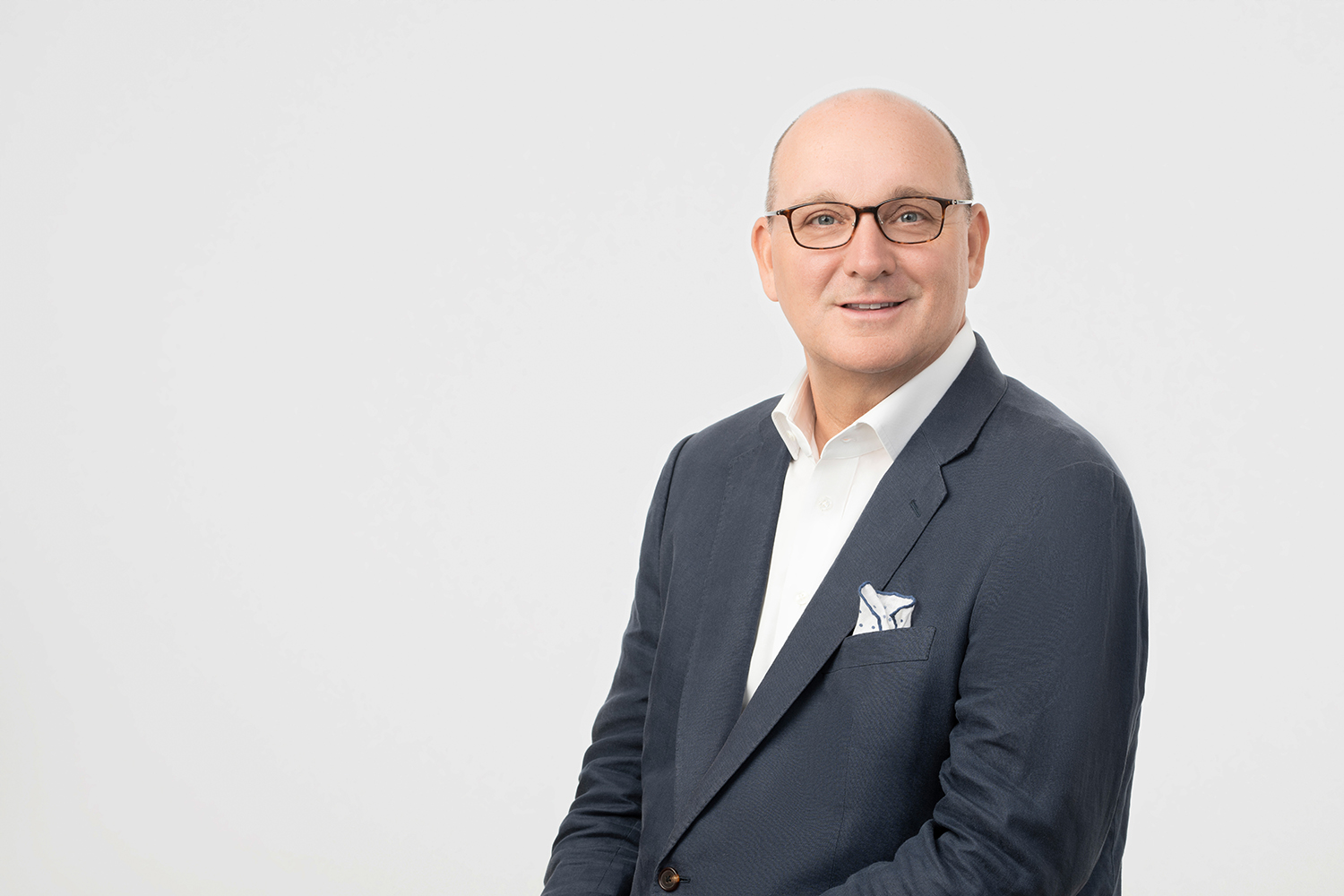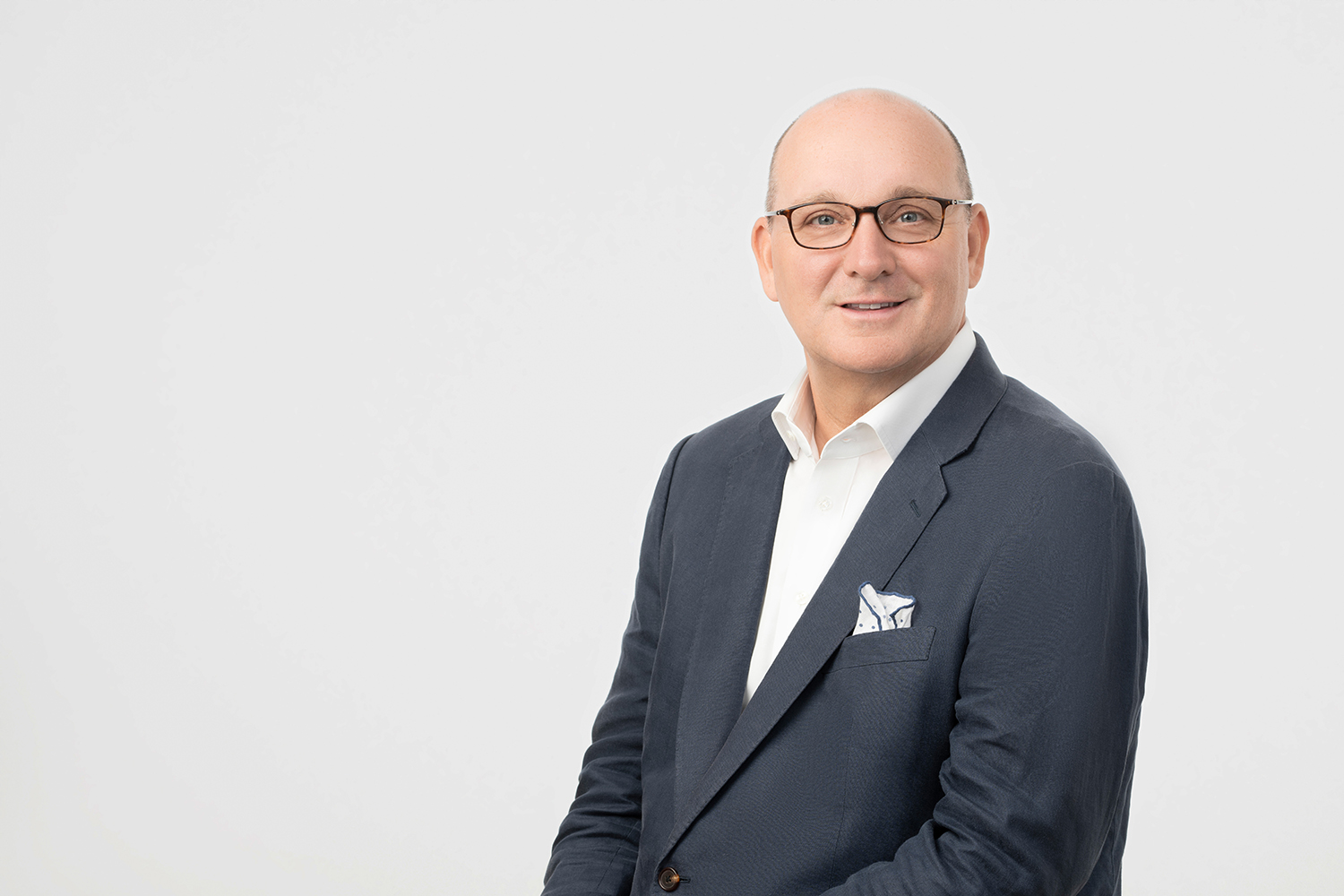The Hong Kong Stock Exchange recently announced the new rules to create a listing regime for special purpose acquisition companies (SPACs) that will take effect on 1 January 2022. The rules specifically relating to SPACs will fall under the new Chapter 18B of the Hong Kong listing rules.
The Hong Kong SPAC listing regime aims to provide an alternative to the traditional IPO route. Each route has its benefits and issuers can choose the one that best suits their needs under prevailing market conditions. The introduction of this optionality should make Hong Kong a more attractive listing destination to prospective listing applicants.
The new Hong Kong SPAC regime
The following is a summary of the key features of the new Hong Kong SPAC regime based on the Consultation Conclusion published by the Hong Kong Stock Exchange.
Prior to de-SPAC transaction
Investor suitability
- The subscription and trading of a SPAC’s securities will be restricted to Professional Investors only, with additional approval, monitoring and enforcement measures to ensure compliance with such requirements
- A SPAC must distribute:
- at least 75% of the securities it issues for its initial listing to Institutional Professional Investors, and
- the securities it issues for its initial listing to a minimum of 75 Professional Investors, of which 20 must be Institutional Professional Investors
Trading arrangements
- Separate trading of SPAC Shares and SPAC Warrants from initial offering date, with additional measures in place to mitigate the risk of volatility associated with the trading of SPAC Warrants
Dilution cap
- A cap on the Promoter Shares at 20% of the total number of shares the SPAC has in issue as at initial offering date, with further issuances of Promoter Shares up to 10% subject to the Successor Company meeting set performance targets (ie earn outs). So, a total cap on the issue of Promoter Shares, in aggregate, of 30% of the shares the SPAC has in issue as at the initial offering date
- Prohibition from issuing warrants in aggregate (ie including SPAC Warrants plus Promoter Warrants) that, if exercised, would result in more than 50% of the number of shares in issue at the time such warrants are issued
SPAC promoters
- SPAC Promoters must meet suitability and eligibility requirements, including the requirement for each SPAC to have at least one SPAC Promoter to be a firm that holds:
- a Type 6 (advising on corporate finance) and/or a Type 9 (asset management) license issued by the SFC; and
- at least 10% of the Promoter Shares
The Hong Kong Stock Exchange will consider granting waiver on a case-by-case basis (for example, to accept a SPAC Promoter if they have overseas accreditation that is equivalent to an SFC Type 6 and/or Type 9 license)
- Any material change in SPAC Promoters would require approval by a special resolution of shareholders (excluding the SPAC Promoter and close associates). A redemption right must be made available to shareholders voting against such material change
SPAC directors
- An adequate representation of SFC licensed individuals on the board is required. A SPAC’s board of directors must include at least two Type 6 or Type 9 SFC-licensed individuals (including one director representing the licensed SPAC Promoter)
Fund raising size
- The funds expected to be raised by a SPAC from its initial offering must be at least HK$1 billion
Rights to additional Successor Company Shares (earn out rights)
- SPACS are permitted to issue earn-out rights to SPAC Promoters that are convertible into ordinary shares of the Successor Company, if the Successor Company meets pre-defined performance targets. As SPAC Promoters may not be involved in the management and operation of the Successor Company, it may have no influence on its business performance. Consequently, the Hong Kong Stock Exchange will allow the share price to be used as a performance target for the earn out rights as long as those share price performance targets are:
- at least 20% higher than the issue price of the SPAC Shares at listing of the SPAC;
- satisfied by exceeding a predefined volume weighted average price of the Successor Company’s shares over a period of not less than 20 trading days within a 30 consecutive trading day period, with such period commencing at least six months after the listing of the Successor Company
De-SPAC transaction
Application of new listing requirements in full
- A Successor Company will need to meet all new listing requirements (including IPO Sponsor engagement to conduct due diligence, minimum market capitalisation requirements and financial eligibility tests)
Mandatory PIPE investment
- All PIPE investors must be Professional Investors. A SPAC will be required to raise:
- the following amounts from independent PIPE investors, staggered to cater for de-SPAC Targets of different sizes:
| Minimum percentage of independent PIPE investment |
Negotiated de-SPAC value |
| 25% |
below HK$2 billion |
| 15% |
HK$2 billion or more and less than HK$5 billion |
| 10% |
HK$5 billion or more and less than HK$7 billion |
| 7.5% |
HK$7 billion or more |
- significant investment from independent sophisticated investors - at least 50% of the independent PIPE referred to above must come from at least three sophisticated investors, each being an asset management firm with assets under management of at least HK$8 billion or a fund of a fund size of at least HK$8 billion. A fund managed by a fund manager that has assets under management of at least HK$8 billion would qualify as a sophisticated investor for this purpose
Shareholder vote on de-SPAC transactions
- A de-SPAC transaction must be made conditional on approval by the SPAC’s shareholders at a general meeting. A shareholder with a material interest in the transaction must abstain from voting. Outgoing shareholders and its close associates would be permitted to vote in favour of a de-SPAC transaction if such a controlling shareholder would cease to be a controlling shareholder solely as a consequence of dilution to its shareholding through the issue of new shares to the incoming controlling shareholder resulting from the de-SPAC transaction
- SPAC shareholders would only be able to redeem SPAC shares voted against a de-SPAC transaction
Forward looking information
- Application of existing requirements on any forward looking statements in the listing document for a de-SPAC transaction to the same standard as that required for an IPO (including the requirement for reports from the reporting accountant and IPO Sponsor on such statements)
Open market in Successor Company’s shares
- A Successor Company must ensure an adequate spread of holders of its shares of at least 100 shareholders, rather than the minimum 300 shareholder requirement normally required for a new listing
Offshore perspective for SPACs
Cayman and the BVI are favourite jurisdictions for US SPACs based on several factors, including: the particular suitability of their company law to SPACs, limited additional regulatory compliance requirements, tax neutrality, the trustworthy and reliable legal system, and no exchange controls. As of 2020, nearly 60% of the companies listed in the Hong Kong Stock Exchange through traditional IPO are domiciled in the Cayman Islands with a small number incorporated in the BVI. We believe this number will continue to grow with the new implementation of the Hong Kong SPACs regime in 2022.
Ogier has extensive experience in advising on setting up Cayman and BVI SPACs, including acting for private equity firms. Notable SPACs that Ogier’s have recently advised on include the following.
US SPACs
US de-SPACs and business combinations
Ogier's global head of corporate, Nathan Powell, who is based in Hong Kong, said: "2021 has been a remarkable year for us as we have been engaged in a growing number of SPAC and de-SPAC transactions. With the Hong Kong Stock Exchange opening up for SPAC listing, we are positive this growth will continue in 2022. We have already received enquiries relating to Hong Kong SPAC offshore structures and look forward to seeing the first Hong Kong SPAC in the market."
Alan Au, a senior legal manager in Hong Kong, said: "I am very excited by the forthcoming Hong Kong SPAC regime and truly believe our well recognized Cayman and BVI SPAC and de-SPAC friendly legal and regulatory environment will serve as the primary jurisdictions for Hong Kong SPACs."
For more information on Hong Kong SPACs, de-SPACs, or for assistance with a specific enquiry, please contact a member of our team.

